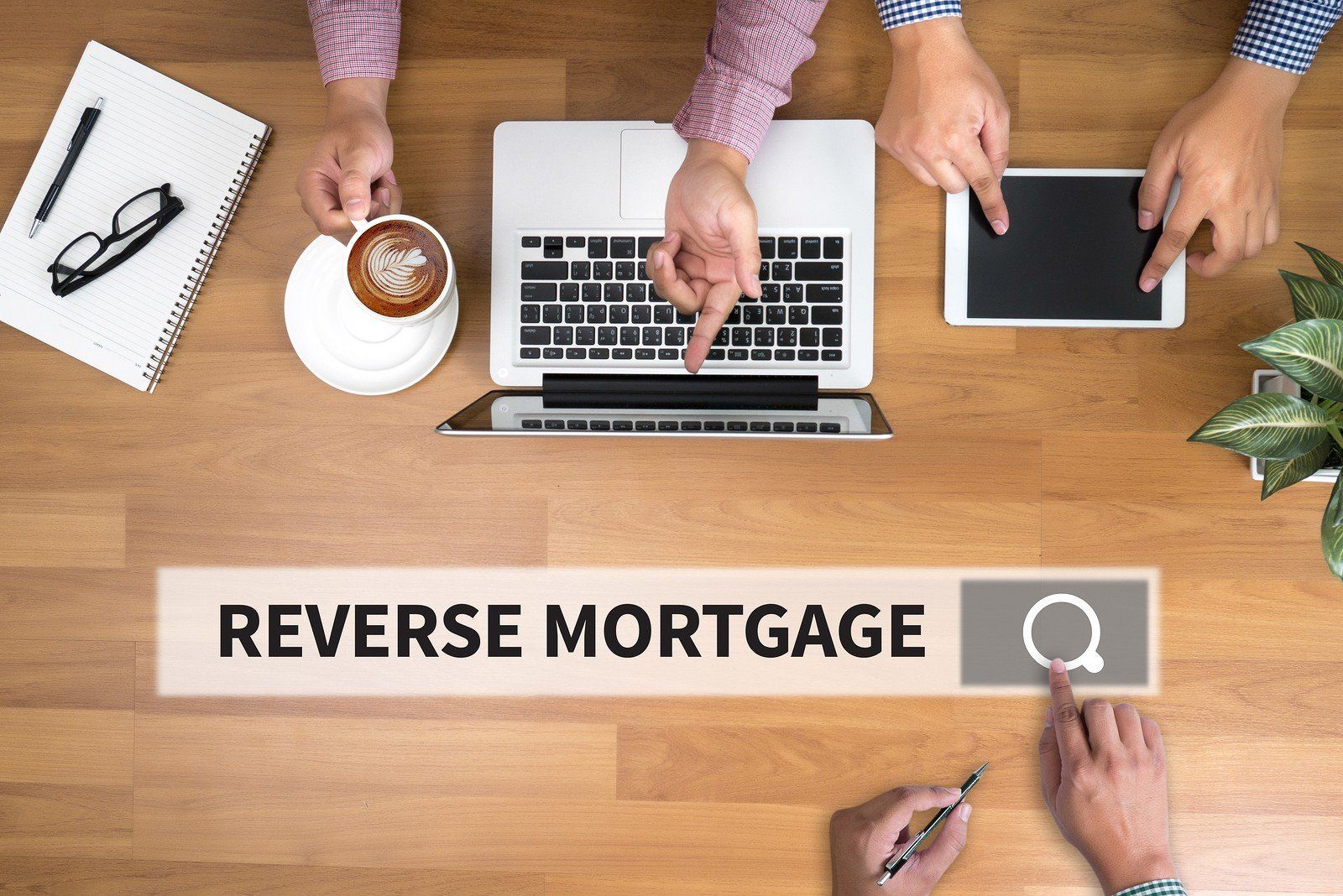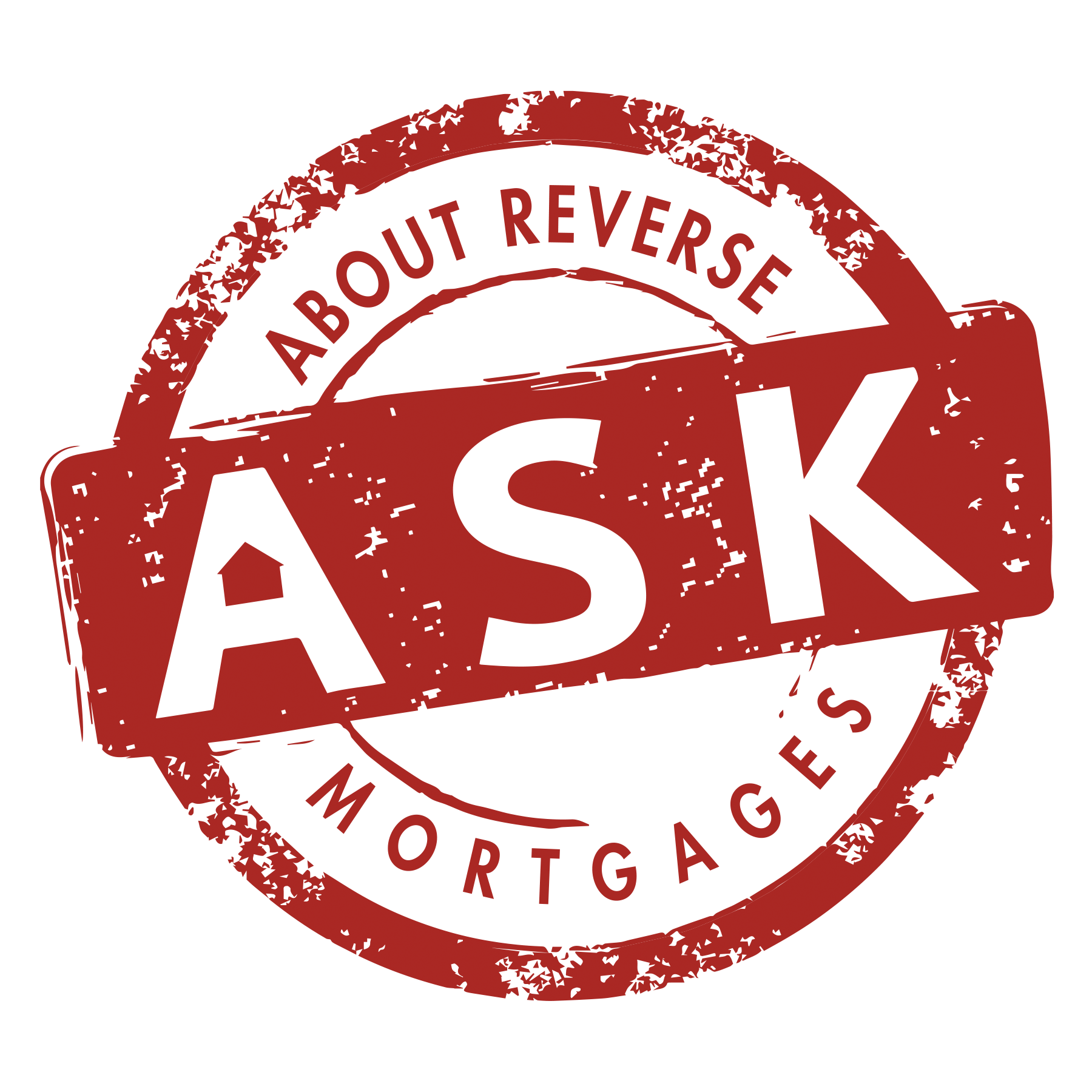See if you qualify.
Take 30 seconds to answer a few questions and I will contact you with the loan amount for which you qualify.
Contact Us
We decided to build a
sunroom so we could enjoy
some fall and winter sun
without having to travel. My CHIP Reverse Mortgage
let me build my sunroom
without having to make
loan payments.
Bob H.
We needed to be able to manage
our lives without the family
supporting us. The CHIP Reverse
Mortgage means having a life.
Gordon & Aubrey A
The CHIP Reverse Mortgage
frees you up to move forward in
more positive ways, rather than
being forced into a situation
you’re not too happy with.
David H
HOW TO APPLY
The Process is Simple
Contact me
Contact me for more information about securing a reverse mortgage on your home. Start Here
to get an idea of how much you could qualify for.
Get an appraisal
Once you decide to proceed, I will help arrange for an appraisal of your home.
Fill out an application
Once we receive the appraisal, you’ll know exactly how much you are approved for. I can walk you through the application process, you can decide exactly how much money you would like to access, and we can get the process started.
Speak to a lawyer
You will want to talk with a lawyer and receive independent legal advice. However, in many years of experience, 99 out of 100 homeowners have money left over when their CHIP Reverse Mortgage is repaid. And on average, the amount left over is 50% of the value of the home when it is sold.
Get your money
You will receive your tax-free money as a lump sum or multiple instalments.
No Repayment While Living In your Home
Regular mortgage payments are not required while you or your spouse are living in the home. The full amount only becomes due when you and your spouse no longer live in the home.
MORE
Frequently Asked Questions
*Some Conditions Apply
I stayed in the home I love
I’ve lived in the same house for over 30 years. I know
everybody in the neighbourhood; we’d all spent years
together. It’s like my neighbours are a second family.
When I retired, I really thought I’d have to downsize
and move to be able to afford a comfortable retirement. I reached out to my mortgage broker and she recommended
HomeEquity Bank. The CHIP Reverse Mortgage made it easy
for me to stay in the home I love, close to my family and
friends – even after retiring. I don’t know where I’d be without CHIP.
Joanna, CHIP Reverse Mortgage Owner
We retired our way
My wife and I started working full-time at a very young age.
We bought our first home together when we were both just
24. I still remember the day we picked it out – it was perfect!
After we had our third child, we knew we would always be
working to stay on top of our mortgage payments. That
meant we would have a tough time travelling, something
we’d always dreamed of doing together. Since retiring,
we have had the freedom to travel to three continents. Thanks to CHIP, we're retiring exactly how we wanted.
Greg, CHIP Reverse Mortgage Owner
MORE
Myths About Reverse Mortgages
Reverse mortgages have evolved from a needs-based product to a product many financial
planners recommend as an important component of a comprehensive retirement plan. Below, the myths are separated from the facts.
*Some Conditions Apply
RESOURCES
Reverse Mortgage Articles

In this article, let’s separate fact from fiction. If you are considering a Reverse Mortgage, it is important you can make an informed and intelligent decision. Reverse Mortgages have been available in Canada for 25 years, but there are still many myths and misconceptions about them – some understandable and some are not accurate. What exactly is a Reverse Mortgage? A Reverse Mortgage is a loan available only to homeowners 55 or older. The amount you can borrow is based upon several factors including your age and the value of your home. What’s the difference between a Reverse Mortgage and a traditional loan? You are not required to make any payments on a Reverse Mortgage until you choose to move or sell your home. (However, you can make payments on the loan if you choose to do so.*) *Prepayment charges may apply. When you do decide to move or sell, the loan is repaid from the proceeds of the sale of the home. After the loan is repaid, all remaining money belongs to you and your estate. How much equity (money) will be left in my home after I repay the loan? On average, homeowners have well over 50% of the value of their home left to enjoy after repaying the loan. This money belongs to you. The exact amount will depend upon several factors, including: the amount of your loan, the value of your home, and the amount of time passed since you took out the loan. Can I be forced to sell my home and repay the loan? No. You always maintain complete ownership and control of your home at all times. You can never be forced to sell or move to repay the loan. All you have to do is keep your property in good maintenance, pay your property taxes and property insurance.. What happens if I or my spouse passes away before the loan is paid? The surviving spouse is under no obligation to make any payments until they move or sell the home. If you are the sole borrower, and you pass away, the loan is repaid when the estate sells the home. After the loan is repaid, all remaining money belongs to your estate and/or your heirs. What’s the difference between a Reverse Mortgage and a Home Equity Line of Credit? With an Equity Line of Credit, you must make regular payments on the loan. With a Reverse Mortgage, you are under no obligation to make payments on the loan until you move or sell. This makes Reverse Mortgages extremely appealing to people on a fixed income who cannot afford to make regular repayments. Another key difference is that you can be asked to repay your Line Of Credit at any time at the lender’s discretion. With a Reverse Mortgage, you cannot be forced to repay the loan until you decide to move or sell. What are the interest rates on a Reverse Mortgage? Interest rates on Reverse Mortgages mirror the rates charged on other home equity loans. They are usually somewhat higher than the rates charged for a Line of Credit because you are not required to make monthly payments or repay the loan until you move or sell your home. Who offers Reverse Mortgages in Canada? In Canada, Reverse Mortgages are offered directly to the public by HomEquity Bank, provider of CHIP Reverse Mortgage. The CHIP Reverse Mortgage is also available through all major Canadian banks, as well as credit unions, mortgage brokers and financial planning organizations. This article is the property of HomEquity Bank and has been published with permission.

Unlike our American neighbours, when Canadians explore the option of a reverse mortgage, there is only one provider, HomEquity Bank. In America, there are many companies who offer a reverse mortgage and as a consumer, on top of familiarizing yourself with the concept, you also have to research the best interest rates, read the fine print and compare them to a reverse mortgage provider that best caters to your situation. In Canada, it is much easier since, HomEquity Bank, is the only provider of Reverse Mortgages. However, Canadians are encouraged to familiarize themselves with the concept of a reverse mortgage and understand how the product works in order to determine if it is the best option for their financial situation. One way to do this is to get a free estimate of how much money you can get with a CHIP Reverse Mortgage. This estimate is based on your profile and home condition. You can also find out some of the frequently asked questions about reverse mortgages in Canada. To get you started in your understanding of a Reverse Mortgage in Canada, below is some basic information about the CHIP Reverse Mortgage. What is CHIP? CHIP is the name of HomEquity Banks’ reverse mortgage product. It is a loan secured against the value of your home. It allows you to unlock up to 55% of the value of your home without having to sell or move. The money you receive is tax-free and you can use it towards any of your personal needs such as: Pay off debts/Consolidate debt Home renovations and repairs Unexpected expenses (medical, emergency) Financially aid your children/grandchildren Improve or maintain your standard of living Pay for a vacation or a special purchase Who is eligible for CHIP in Canada? Canadian Homeowner (own your home) Your home is your primary residence Age 55 or older Why CHIP (benefits)? No Health Checks There are loans that require a health check to ensure that the recipient(s) (of the loan) are in good health to pay off the loan. With a reverse mortgage, since there are no regular monthly payments required until the homeowner(s) move, sell or pass away, health checks are not a requirement. Keep Your Home And Maintain Ownership Of Your Property Many people often ask whether the property title of the home gets transferred to the bank once the reverse mortgage is approved. The bank simply loans you a percentage of the value of your home in tax-free cash, but the title and ownership of the property remains yours. However, this means you must continue to pay your property taxes and maintain your home so that it remains in good condition. No Regular Monthly Payments Required The biggest advantage and feature of a reverse mortgage in Canada, is that you don’t have to make any regular monthly payments until you move, sell your home or pass away. Unlike a regular mortgage, where you have to maintain your monthly payments, a reverse mortgage lets you use the money as you please and gives you freedom from payments for as long as you live in the home. Once the homeowners move, sell the home or pass away however, the reverse mortgage including interest and principal is paid off from the home’s sale proceeds. The Money Borrowed Is Tax-Free And Does Not Affect Your OAS Or GIS Since the income you receive from a reverse mortgage is tax-free, it does not have any impact on your Old-Age Security (OAS), Guaranteed Income Supplement (GIS) or income from your Registered Retirement Savings Plan (RRSP) that you may be receiving. Choose How You Plan To Spend The Money One of the greatest benefits of a reverse mortgage is that you are in complete control of the loan and you are free to spend it on whatever needs you require it for. You Will Never Owe More Than The Value Of Your Home With a reverse mortgage you will be guaranteed that when you or your estate has to repay the loan, it will never exceed the fair market value of your home at the time it is sold. But keep in mind that your property must be kept in good maintenance and your property taxes and insurance have to be up to date and not in default. Relieve Financial Stress A reverse mortgage loan can help you consolidate your debt and clear your monthly payments so that you can live the rest of your life financially stress free! Enjoy Retirement A reverse mortgage loan will help you clear your financial burdens and allow you to enjoy your retirement. You worked hard your entire life, now is the time to enjoy the fruits of your labour. Take Control A reverse mortgage loan is essentially the money from your home equity. So take control of what you own and make it work toward your needs now! Reverse mortgages are definitely not for everyone, but they are a great option for many Canadian seniors who are looking for that extra financial security. To find out more about a CHIP reverse mortgage in Canada, Contact me to see if a Canadian reverse mortgage is a good option for your financial needs. This article is the property of HomEquity Bank and has been published with permission.

For Canadian seniors, there is a great way to get the most out of the equity in their home. Home prices tend to rise and equity builds in the property. Homeowners can use their equity by accessing various types of home equity loans like, home equity lines of credit (HELOCs), re-financing or second mortgages and reverse mortgages. Some of the factors that determine the type of home equity loan that should be accessed include: age, credit history, present earning capacity, nature of monetary requirement – short term or long term, existing mortgage on the property and health of the homeowner. Senior homeowners above the age of 55, with equity in their property can opt for a reverse mortgage. The terminology of Canadian reverse mortgages can frighten some into thinking that, should they engage in a Canadian reverse mortgage, they threaten any inheritance that might be left to their spouse or children. However, Canadian reverse mortgages are an excellent way to improve liquidity and help secure a future inheritance. Understanding Reverse Mortgages in Canada Simply put, a reverse mortgage is taking a loan on the equity in the home. A couple can take out a reverse mortgage loan on this equity and thus have money for expenses or other needs. This can be very useful for seniors since the income from a reverse mortgage does not have any impact on Old Age Security – OAS or Guaranteed Income Supplement – GIS benefits or income from their RRSP -Registered Retirement Savings Plan nor is the income taxable. In addition, there are no loan payments to be made for the duration of the loan and the occupants maintain the ownership of the property. The loan money can be dispensed in different ways, depending on desire or need. Loan money from a reverse mortgage can be received as a lump sum, or in subsequent installments. This gives a great deal of versatility to the money from the loan. In situations where there are two spouses party to the reverse mortgage, if one passes away, the other still can maintain residency and ownership of the home. Loan Maturation of Canadian Reverse Mortgages Understanding what a Canadian reverse mortgage is, is only part of the equation. Reverse mortgages mature when the homeowners no longer occupy the residence. This can be due to one or both parties passing away, selling the property or moving to an alternate residence. When these situations occur, the loan reaches maturity with all interest included and the loan is due. Many times, the loan provider will specify a time to settle the estate to ensure the heirs have time to arrange for funds to settle the reverse mortgage repayment, if they so wish. Normally, the estate is sold to retrieve the reverse mortgage principal and accrued interest. Funds remaining post settlement of the loan are turned over to the estate. Direct Benefit to the Heirs Unlike the neighbors to the south, Canadian reverse mortgages are highly regulated in terms of both the borrower and the loan originator/provider. A living spouse is allowed to continue to occupy the property for the duration of their life or until they are no longer able to occupy the property. They are not required to make payments nor service the loan in any way. Additionally, they cannot be forced to sell the home until they no longer occupy the property. As long as all necessary upkeep such as taxes are taken care of, there are no concerns with the Canadian reverse mortgage. Beneficiaries and or children who are entitled to the estate, are given the option to settle the reverse mortgage, or else the home is sold to satisfy the reverse mortgage loan. As mentioned previously, home prices tend to rise over time. Any monies left over from the sale of the home and, after the loan and interest are satisfied, are returned to the heirs. While various factors can affect the amount of money returned to the estate, the typical amount is 50 percent of the value of the home. Part of this is because the total amount of the loan is limited to a percentage of the equity secured as collateral. Protection For Both Seniors and Heirs From Financial Uncertainty One less obvious aspect to a Canadian reverse mortgage is the fact that it helps prevent, in some cases, financial insecurity brought on by a loved one passing away. In many cases, children of the property owners who engage in a reverse mortgage have homes and residences of their own. Those heirs who don’t possess their own properties, have an option of repaying the reverse mortgage and its accumulated interest and retaining the home. Alternately, they can use the remaining proceeds from the sale of the property to invest in a home of their own or handle any immediate financial needs. For seniors, a Canadian reverse mortgage is a way to supplement a fixed income, and provide security to their heirs. Many times loved ones and future beneficiaries approve of the use of a reverse mortgage. While the exact reasons may vary, the fact that the seniors have financial security and the heirs are considered and assured, help children understand the benefits of their parent undertaking a reverse mortgage. Canadian Reverse Mortgages are not for everyone and they are certainly not a solution for all financial problems. For those, who would benefit from a reverse mortgage however, they can make the difference between financial security and financial calamity. A CHIP Reverse Mortgage is great for giving seniors, who have equity in their home, the peace of mind that their financial well-being is assured and their children or beneficiaries are still taken care of. This article is the property of HomEquity Bank and has been published with permission.


